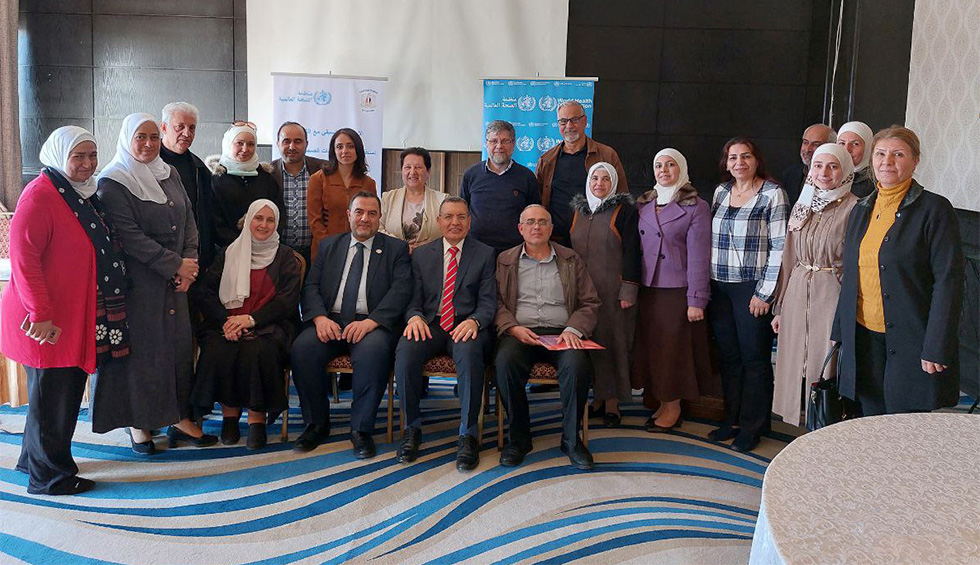
8 August 2023 – In order for every Syrian to have accessible, equitable, effective, and high-quality health care and nutrition services, the Ministry of Health has led the development of Syria’s strategy for primary health care 2023–2027 through a participatory process, soliciting input from all units and departments, as well as other line ministries, nongovernmental organizations, United Nations agencies and health partners. Stakeholders worked to collectively identify technical and operational health needs and gaps, together with the priorities and interventions required to address them.
The PHC strategy provides a roadmap for the recovery of the health system and will serve as a crucial first step in closing the implementation gap to achieve Syria’s 2030 goals and operationalize its national health strategy. Additionally, Syria’s PHC strategy is a crucial step towards achieving universal health care in the country. It affirms the 1978 Declaration of Alma Ata and the 2018 Declaration of Astana, which state empirically the importance of a well-functioning PHC system as a cornerstone to achieving universal health care for all.
In order to enhance health systems, the PHC strategy is grounded in 2 key components: the family health care model to scale up the delivery of health and nutritional services, management of childhood illness and routine immunization; and strengthened partnerships for health care delivery, such as community outreach through the healthy villages programme. To drive implementation, a detailed action plan will be developed, costed and monitored.
Dr Iman Shankiti, WHO Representative a.i. in Syria, stated, "WHO is pleased to support the Ministry of Health in taking a major step towards universal health coverage with the launch of the strategy for primary health care. This robust plan will serve as a beacon for Syria's health sector transformation, emphasizing primary health care as a foundation for a resilient health system. Looking ahead, investment in the PHC strategy has the potential to impact the lives of millions of Syrians by ensuring access to the care they need, reducing health care costs and improving health outcomes, particularly for those most vulnerable and in need.”


